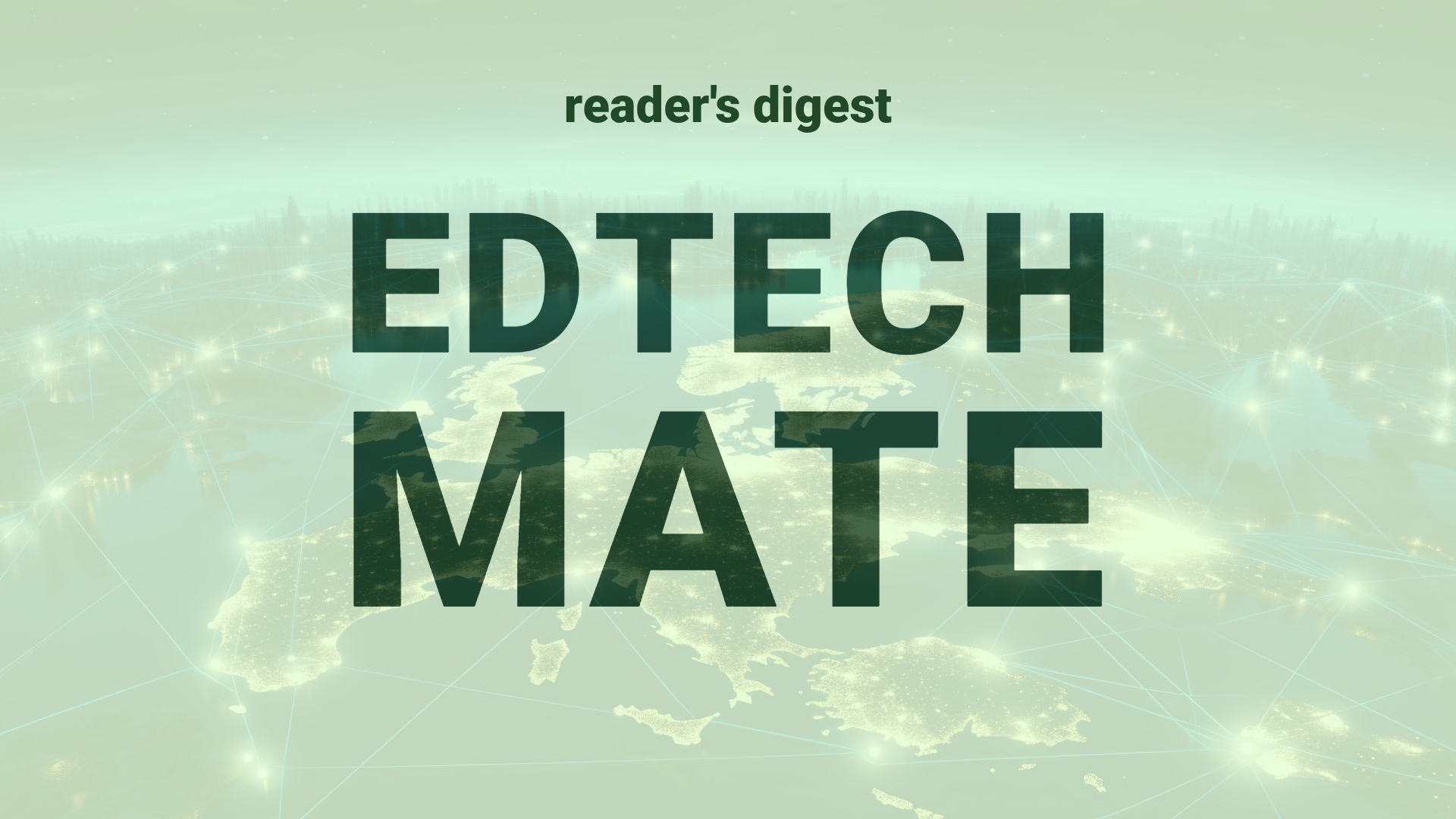Executive Summary and Main Points
Generative AI (gen AI) has the potential to revolutionize various industries by contributing up to $4.4 trillion in annual economic impact. The adoption of gen AI is accelerating, owing to its significant private investment and cross-sector utilization. However, the value of gen AI goes beyond the technology itself, demanding companies to rewire operational processes and establish strategic alliances with gen AI providers. Key focus areas include deepening collaboration, choosing providers based on scalability, interoperability, and reusability, and maintaining control over strategic direction.
Potential Impact in the Education Sector
The adoption of gen AI has profound implications for Further Education, Higher Education, and Micro-credentials. It can facilitate personalized learning experiences, optimize administrative processes, and develop new, innovative pedagogies. Strategic partnerships with gen AI providers will be crucial for education institutions to access the latest AI capabilities, personalize education at scale, and swiftly respond to market needs while preserving academic integrity and aligning with ethical standards.
Potential Applicability in the Education Sector
Applying gen AI within global education systems can lead to transformative applications such as AI-assisted curriculum development, autonomous grading systems, and adaptive learning platforms. Institutions can integrate digital tools and AI-based analytics for performance monitoring, enhancing student engagement and improving learning outcomes. Collaboration with gen AI providers can support research endeavors, foster innovative teaching strategies, and facilitate the creation of digital micro-credentials.
Criticism and Potential Shortfalls
Despite gen AI’s benefits, there are potential criticisms and drawbacks, including privacy concerns, the risk of bias within AI algorithms, and the ethical use of student data. Comparative case studies, such as different approaches to gen AI integration in varying cultural contexts, illustrate complexities in global deployment. Assessing the impact on faculty roles and job markets within higher education is also essential to address future challenges.
Actionable Recommendations
To harness the potential of gen AI in higher education, leadership should establish a governance framework, prioritize ethical AI practices, and foster close alliances with gen AI providers. Institutions can leverage gen AI to expand their educational offerings, streamline operations, and enhance the educational experience through personalized learning. Regularly reviewing strategic partnerships and focusing on outcome-driven development should be at the core of these endeavors.
Source article: https://www.mckinsey.com/capabilities/quantumblack/our-insights/strategic-alliances-for-gen-ai-how-to-build-them-and-make-them-work

